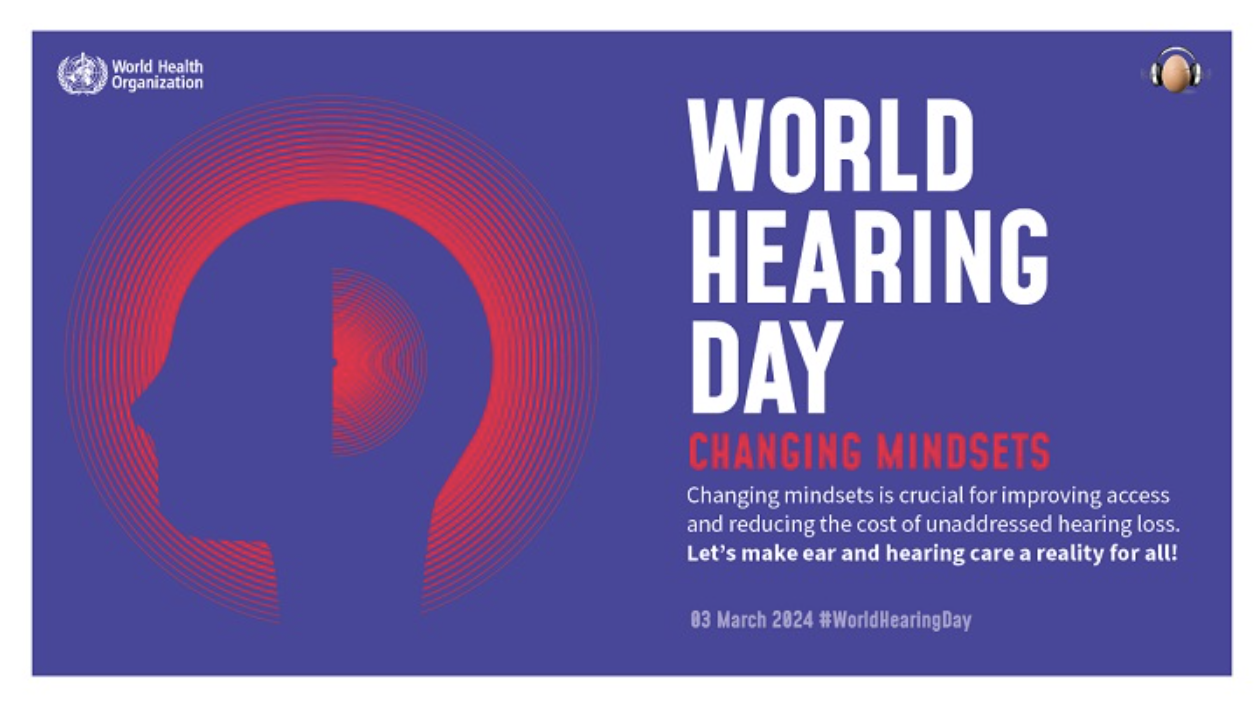
Hear to Learn provides resources for parents new to hearing loss
March 14, 2019
My Hearing Loss Inspired Me to Travel
March 19, 2019What my debate competitions taught me about advocacy

Speech and debate is a wonderful activity. It can simultaneously serve as a platform for self-expression and education, allowing for productive discourse on ethical dilemmas in the world around us.
I have been competing in multiple events for the past year and a half, and have found success in tournaments as well as personal enjoyment and learning. However, as with other activities, issues of accessibility do exist in speech and debate.
Speech and debate has taught me a lot of things, but as a teenager with hearing loss, it has also taught me a lot about self-advocacy and accommodations.
Self-Advocacy Lessons from Speech & Debate
As with any activity, debate can be made into a more educational and inclusive space for all students by encouraging students with hearing loss to compete.
However, students in minority groups, particularly those with disabilities, are sometimes discouraged from taking part. Among those groups are students with hearing loss. Because of sole reliance on verbal communication and ignorance on the part of hearing competitors and judges, it is easy to feel overwhelmed as a deaf or hard of hearing competitor.
Competitors are given a certain amount of time to present their cases. They will try to cram as many different arguments as possible into one speech, leading some of them to rely on something known as “spreading.” Spreading is short for speed-reading. It’s a technique in which a debater will speak at extremely fast rates, sometimes reaching 300 words a minute. For context, a conversational rate of speech is about 120-200 words per minute.
All of these factors lead many to shy away from competition. As a student with hearing loss, I experienced this at an even greater level when I first started competing. However, this makes it all the more important for deaf and hard of hearing students to take part. In order for an activity to be educational, it has to be inclusive. Students with hearing loss can make modifications and request accommodations.
Finding Accommodations
Assistive technology is a great way to reduce barriers in many activities, including the classroom, sports and hobbies. Assistive technology is also required by law for many activities, to ensure people with challenges are put on an equal playing field.
Read more: Educational Support for your Child
During my speech and debate competitions, I use a Phonak Roger Pen, and routinely ask my opponents to wear it when speaking. As of now, I haven’t met anyone who hasn’t complied.
I also read lips to help fill in what I don’t hear. I’ll ask to face my opponent when s/he is speaking, as well as during the question periods, known as “cross-examination.” I also ask my opponents to slow their rate of speech and avoid spreading.
Of course, other hard of hearing or deaf students may have different needs, and will have to adjust these accommodations to fit them. But regardless of what these needs are, they can generally be met.
… but what if these needs aren’t met?
Sometimes you might run into someone who doesn’t have an inclusive mindset. When your needs aren’t met, how should you respond?
In speech and debate, there is a term called “kritikes.” These are arguments that generally deal with debate and discourse itself rather than the topic of discussion. Basically, if an opponent is being discriminatory, you can make the point that excluding people with hearing loss and disabilities, in general, reduces the educational value of debate. Education requires inclusivity. If a competition isn’t fair, minority voices are excluded. In this case, I inform the judge that the opponent is being exclusive and damaging the educational and competitive value of debate by attempting to make it ableist and unfair.
To go more in-depth, there are three components to a kritike: a link, an impact, and an alternative. The link is what your opponent has done to make the round unfair. In this case, it would be not following a hard of hearing competitor’s accommodations – such as speaking too fast, refusing to wear assistive technology or otherwise.
Impact
The second part of a kritik, the impact, explains why the link matters in terms of the round. In this case, a hard of hearing or deaf competitor would point to two key factors: education and fairness.
Excluding someone with a disability inherently makes debate less educational – both for that person, who is now facing a barrier to participation, and for others, who are unable to benefit from the contributions someone with hearing loss could make.
This is the same for a teacher, boss, colleague, government employee, or anyone else you might come into contact with. Make sure you inform yourself about the laws and regulations that protect people with disabilities, including the Americans with Disabilities Act.
Read more: Why you should know the history of special education
Fairness & Equality
Debate is, first and foremost, a competition. This means that in order to for it function properly, competitors must be on equal footing. A person with hearing loss faces a severe disadvantage in the round when someone refuses to follow accommodations. Not being able to hear the arguments being presented results in the inability to respond. This undermines the function of debate, because the value of debate lies in discourse.
Speech competitions propose an environment to hold civil discussions and arguments over controversial issues, in a competitive and structured space. When people with hearing loss are excluded, their voices are not heard in this discussion. This negatively affects the educational and competitive value.
Finding a solution
An alternative is the third part of an argument, essentially a solution to the problem. This is where you can win the round!
In this context, the alternative is for the judge to vote against the person who isn’t following accommodations, thereby preserving the value of debate and mitigating all of the impacts listed above. When people with hearing loss are unable to fairly compete, the two debaters in a round cannot have an argument on an equal ground. This means that debate cannot function as a space for discourse, and its entire purpose is lost.
There are many cases in which you might feel like you aren’t receiving equal accommodations, but you have to keep fighting for equality! For example, Phonak hEARo Ellie Parfitt is actively petitioning her local government and movie theaters for more captioned movie screenings.
Read more: My fight to make cinemas deaf-friendly
The benefits of self-advocacy
People with hearing loss, or any disabilities, should compete for themselves. By introducing our voices to debates, a path is made for others who might not compete for fear of exclusion. The greater the diversity of voices in speech and debate, the more new ideas are able to be discussed, and the more life becomes accessible for everyone.
Do you participate in speech and debate? What accommodations do you use?



